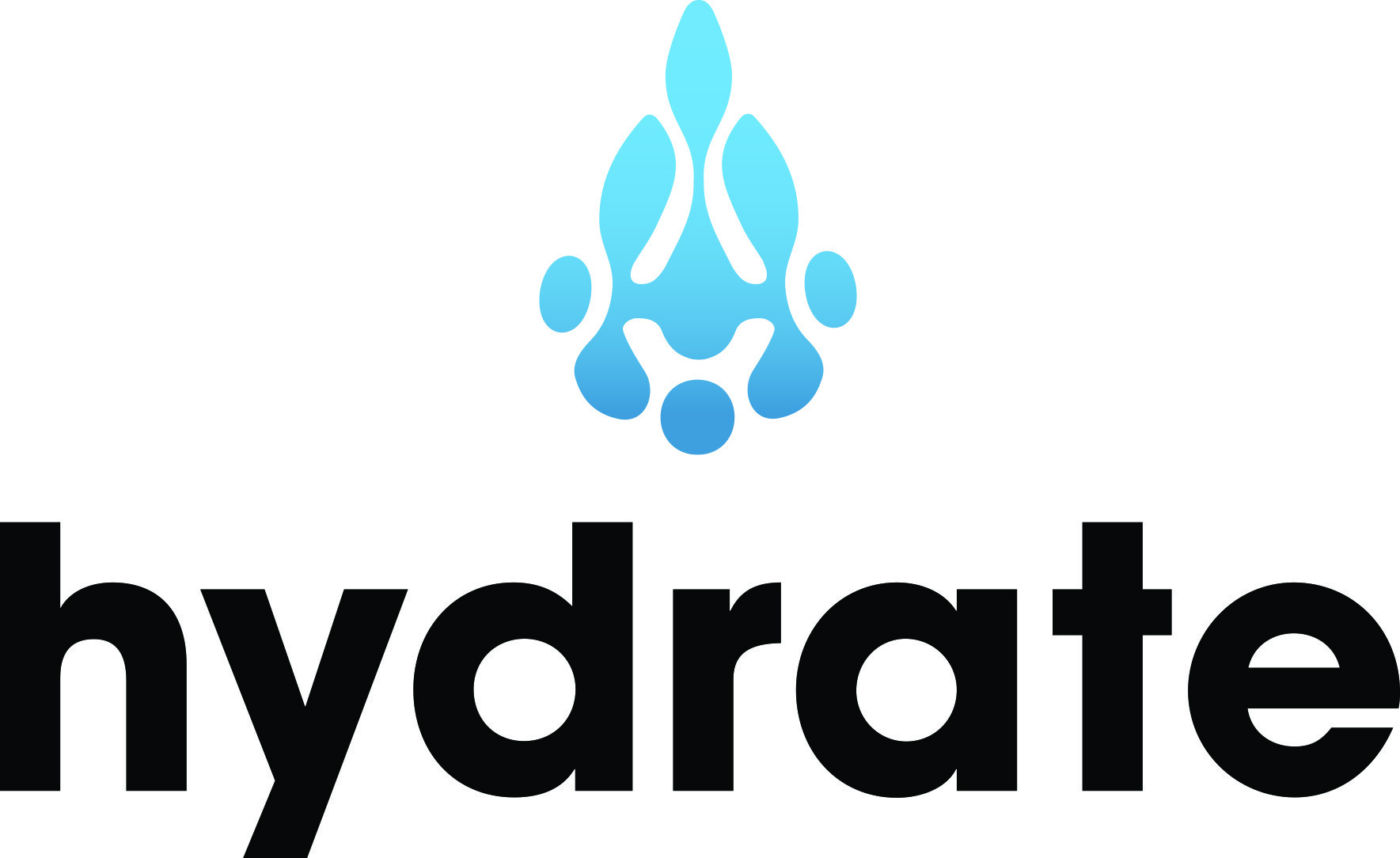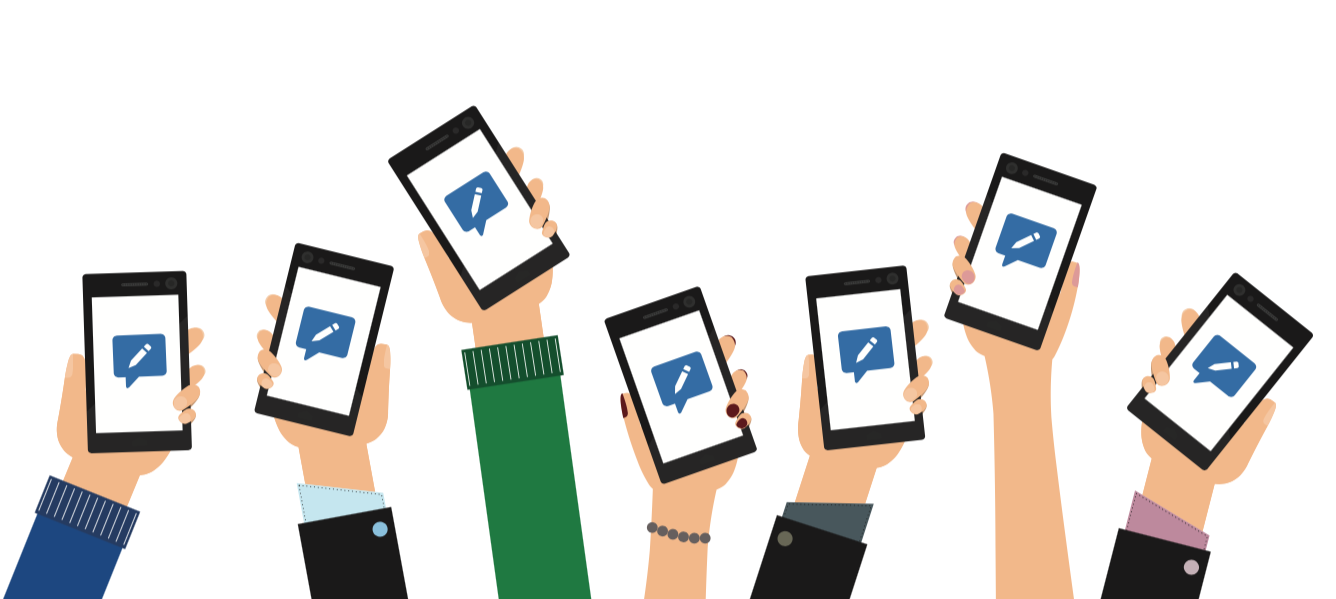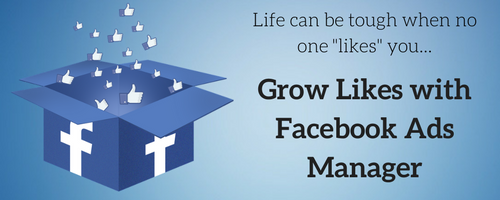It has been said that social media messaging is becoming the new customer service call. That is because social networking is more personal than other online communication platforms, like email, for example. This newly preferred communication method is quite helpful when marketing your business because it’s more likely that you’ll get a customer’s real name, a few pieces of correct personal information, and even a picture of them from a social network than you would with a simple email address. So how do you carry the excellent service you’re used to giving in person and over the phone with you into the online world?
Facebook Messenger can help with that, especially if your business already has a Facebook Page with a following. According to a Forbes article published in April of 2017, Facebook Messenger has more than 1.2 billion monthly users, making it just as popular as social networking in regards to online pastimes.
Messenger users aren’t just online for personal and social reasons, however. According to Nielsen’s “Facebook Messaging Survey” from 2016, 53 percent of people are more likely to shop with a business that they can message directly. Another statistic from this survey states that, over the next two years, 67 percent of people expect to use messaging apps for communicating with businesses more often. If the people surveyed predicted their own actions correctly, that means more consumers are using Facebook Messenger for customer service than ever, and they’re doing so on a regular basis. Using Facebook Messenger to contact consumers is more like in-store customer service than a stuffy email or a public post shared with all of the internet. Messenger gives your business a great opportunity to show exactly how much you care. So how do you get customers to message your business?
All Facebook Pages have a Messenger link. It is m.me/whatever your username is. This provides customers with a quick and easy way to connect with you. Try adding your Messenger link to your website, your other social media profiles, your professional email signature, or any of your business’s printed materials to boost your online availability. Also, if your business uses local awareness ads on Facebook, then you should add the “Send Message” call-to-action button to them. This will allow potential customers in the nearby area to connect with you directly and right away. Now that you’ve got people contacting your business with Messenger, here are some useful tips on how to use the platform professionally…
- Be Private: A great business tool Messenger can provide you with is the ability to reply directly to a public post on your Facebook Page with a private message. This is helpful because customer service questions are not always something you want your entire online following to be able to see. Whether it’s because the customer posted about a sensitive topic or you need to ask them for personal information, there are plenty of situations in which it would be better to keep these online conversations private. Uninvolved Facebook followers will be able to see a simple message showing that you replied to the comment directly, this way they still know you are paying attention and responding to customers without getting all the details.
- Be Prompt: The Facebook Page for your business can display how quickly you respond to messages. It’s important to always respond to customers and to do so as soon as possible. This is one of the main reasons why someone should be monitoring your business’s Facebook Page. If you do this well, your page can wear the “typically replies within a few hours” or even the “typically replies instantly” badges proudly in order to attract even more customers with your proven good service.
- Be Progressive: You can also use one of the latest tech trends, bots, through the Facebook Messenger platform. Bots are artificial intelligence (AI) software that pretend to be people conversing online with real people. Businesses use bots so that there is always “someone” available to help their online customers, kind of like the interactive voice response system used during an automated phone call. For example, when a customer goes to send your business a message you can set up auto responses that give them clickable options such as “What forms of payment do you accept?” and “Can I get customer service help?” to help direct the conversation. You can even set up greeting messages or away messages that automatically go out to your customers when they try to contact you.
- Be Prepared: Even if you don’t want to use a bot and it makes more sense for your business to have a real life monitor for your Facebook Page, it might help you to pre-write some replies. If you have a handful of frequently asked questions, consider making templates for the answers to these. Make sure these templates can be personalized for each customer in some way when they are used though. You don’t want to sound more like a robot than the actual AI.
In the end, it comes down to common sense. Follow your instincts and take your already developed customer service skills with you when you log into your social media if you want to have a positive online presence. You wouldn’t ignore a customer in your store or a business phone call. Apply that same level of customer service to your social networking and internet messaging. If you’re going to use social media for your business, and you should, make sure you’re getting everything out of it that you can. As long as you stay on top of it, Messenger is a great way for you to help your Facebook followers instantly and efficiently.








